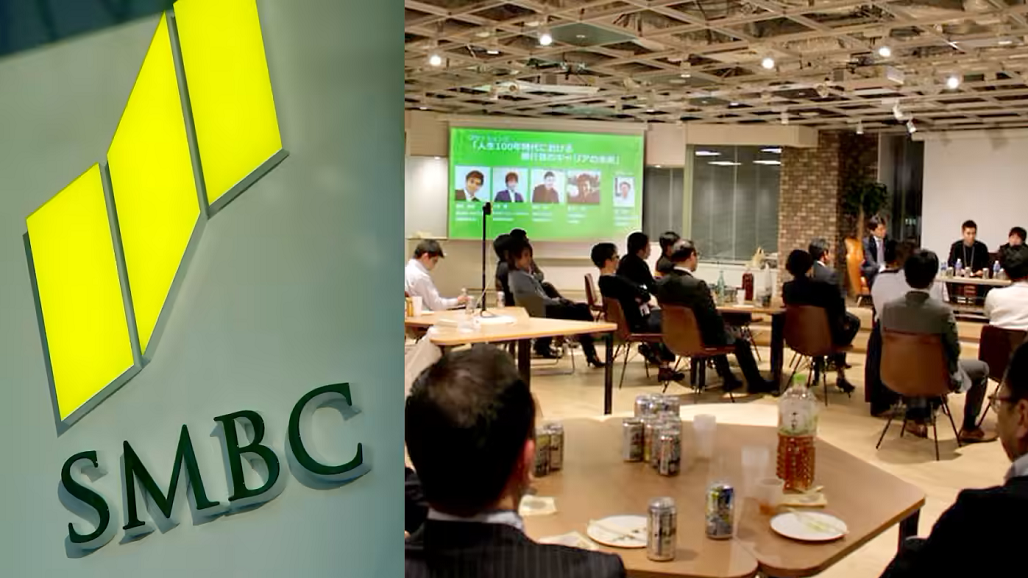 Sumitomo Mitsui Financial Group (SMFG) will launch a fund to help startups develop into “unicorns” — fast-growing unlisted companies valued at $1 billion or more — Nikkei has learned, with a focus on those at a later stage of growth. The scale of investment is expected to be around 30 billion yen ($210 million).
Sumitomo Mitsui Financial Group (SMFG) will launch a fund to help startups develop into “unicorns” — fast-growing unlisted companies valued at $1 billion or more — Nikkei has learned, with a focus on those at a later stage of growth. The scale of investment is expected to be around 30 billion yen ($210 million).
In Japan, many startups have gone public with still fragile finances, as few investors are willing to provide large sums to those in the later stages of growth. More providers of risk capital will make it easier for startups in Japan to grow into unicorns and compete in the global market.
SMFG will soon launch a fund in partnership with Global Brain, a prominent Japanese venture capital specialist. The majority of funds will be provided by SMFG, while the actual investments will be made by Global Brain. Global Brain was a backer of Mercari, an online marketplace app, since its founding and helped it become Japan’s first unicorn.
SMFG’s new fund will be one of Japan’s largest focusing on late-stage startups. It will be managed over a sevenyear period, with several billion yen invested in each company.
The fund will invest mainly in startups with a corporate value of more than 10 billion yen, aiming to grow them into the 50 billion to 100 billion yen range, and then sell them or list their shares within a few years.
Startups usually raise funds from different investors, depending on their stage of growth. The number of investors working with startups in the “seed” or “early” stages, which support entrepreneurs from the beginning, has been increasing and developing depth in Japan, especially among venture capital companies.
But relatively few focus on later-stage startups, where investment can help with mass production, research and development and growing sales. This lack of late-stage investors is one reason why there are fewer examples of startups in Japan like the American tech giants that have gone on to become household names. SMFG’s new fund looks to address this funding gap.
“The reason there are few unicorns in Japan is because few investors take risks at the later stage,” points out Hiromi Yamaji, CEO of Japan Exchange Group.
According to data from Japan’s Cabinet Office, the ratio of late-stage growth to total venture capital investment is around 70% to 90% in the U.S. and China, while in Japan, it is less than 40%.
The lack of late-stage growth investors in Japan has forced startups to go public at an early stage, when their business foundations are weak. According to sources such as Tokyo Stock Exchange, the average market capitalization for initial public offerings by emerging companies on its Growth Market was 10.1billion yen ($70.9 million) in 2022, far behind the average U.S. market value of $1.92 billion for such companies.
If the value of the company at the time of listing is small, so is the amount of funds raised. The amount raised per company in 2021 was 1.4 billion yen for the former Tokyo Stock Exchange Mothers in Japan, compared with 45 billion yen in the U.S.
Nikkei Asia


Leave a Reply